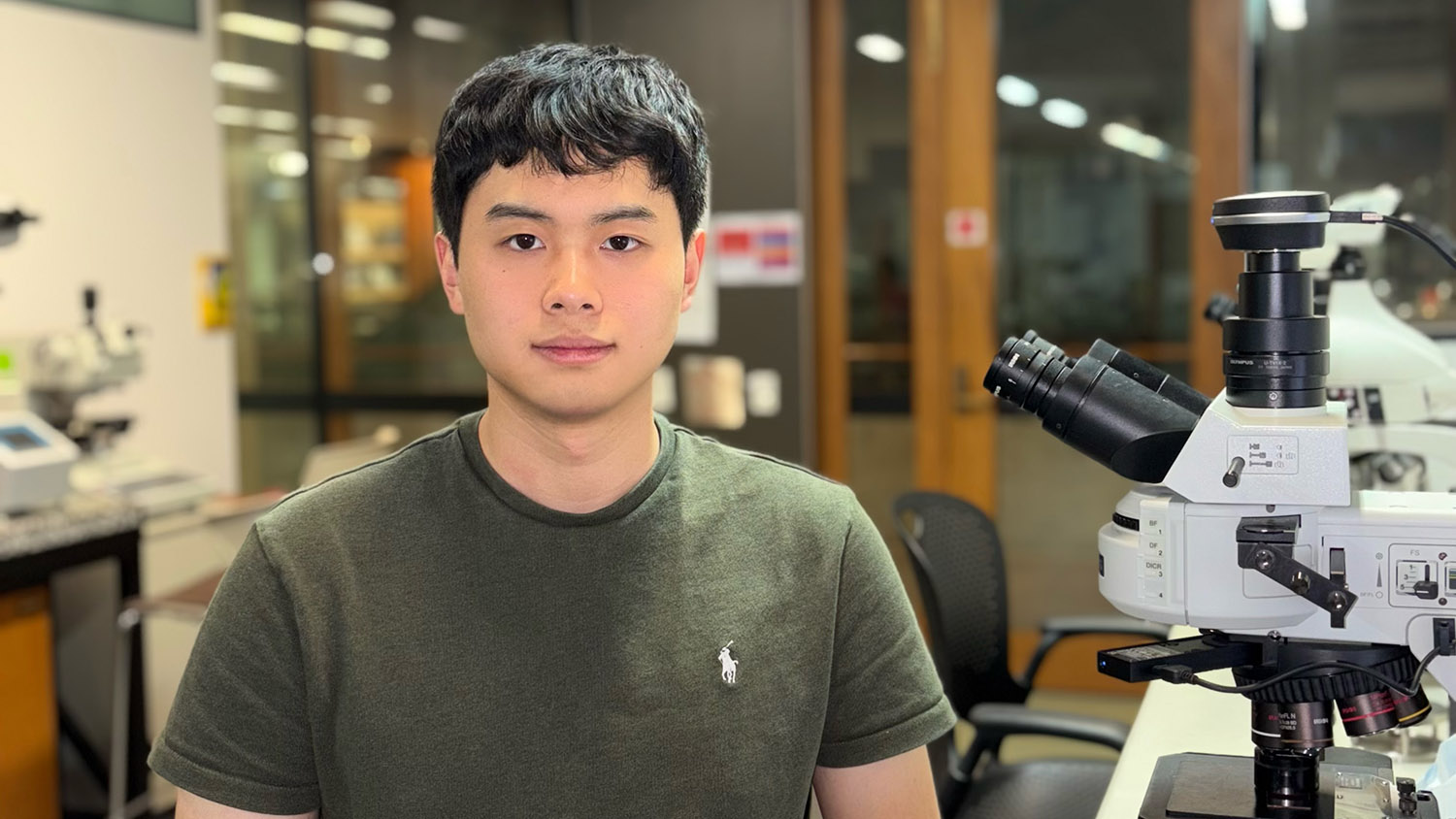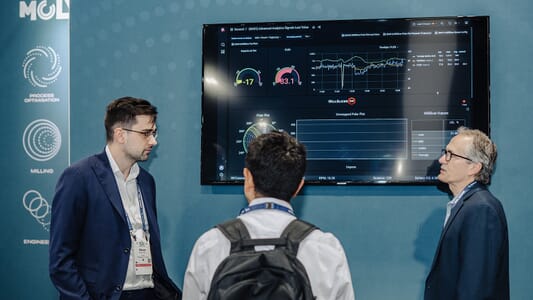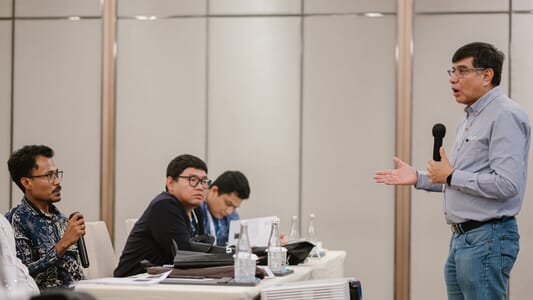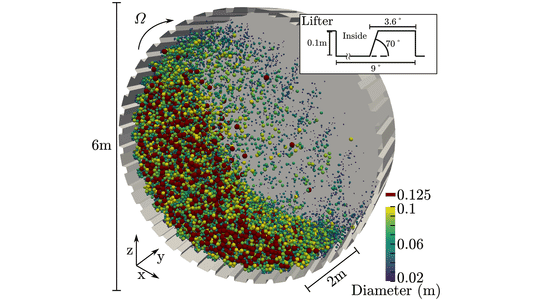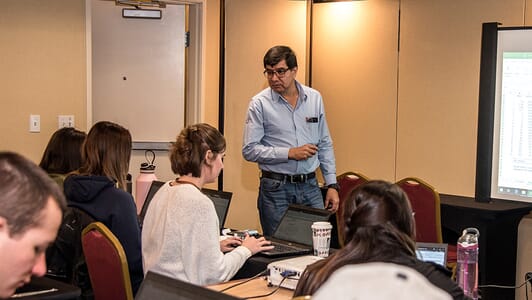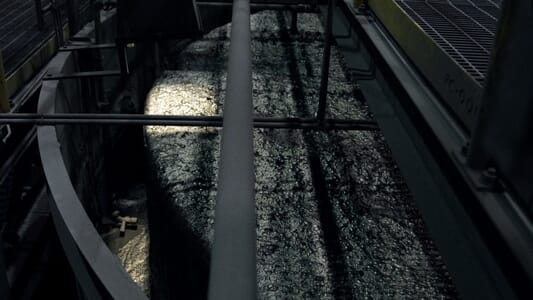Student Kaiming Yan’s collaborative thesis project with Molycop is uncovering how heat treatment impacts grinding media properties, delivering insights that can help mineral processing operations achieve longer wear life, greater efficiency and lower operating costs.
Key Facts
- Through its partnership with the University of Queensland, Molycop provides students with hands-on projects, access to real-life scenarios and expert industry mentorship.
- Research into quenching treatments is helping uncover how different cooling methods affect microstructure and hardness of high-chromium cast media.
- Early findings suggest that, for small balls, air cooling may offer a safer and more effective alternative to water quenching.
UQ student Kaiming Yan’s research investigates quenching treatments for high-chromium white cast irons.
Discovering a research passion
Kaiming is currently completing his undergraduate thesis under the supervision of Dr Hamid Pourasiabi from Molycop and Jeff Gates from UQ. His project focuses on the quenching of high-chromium cast media, a subject that has introduced him to the complex and fascinating world of heat treatment and metallography.“During my undergraduate studies, I often felt uncertain about which research direction I wanted to pursue,” Kaiming explains.
“That changed when I participated in a grinding ball quenching project led by Molycop. Through Dr Pourasiabi’s mentorship, I became deeply involved in quenching experiments and observed samples using optical and scanning electron microscopes. These experiences revealed the unique appeal of heat treatment and metallography and helped me define my future direction.”
Research with Molycop
Kaiming’s research investigates the impact of various quenching media on cooling rate, hardness distribution and microstructure of various high-chromium white cast irons. He aims to establish a clearer understanding of the relationship between quenching conditions and the mechanical and microstructual properties of these alloys.This work is directly aligned with Molycop’s mission. As a leading global supplier of grinding balls for mineral processing, Molycop depends on materials that can withstand the extreme demands of milling. By investigating how heat treatment affects the properties of high-chromium cast balls, Kaiming’s research provides valuable insights for both Molycop and the mining industry.
Kaiming explains there’s a gap in the research he hopes to fill:
The specific challenge I aim to address is that quenching treatment for high-chromium white cast irons has been rarely studied. My work fills this gap and can guide whether these materials require quenching treatment – and if so, which method is most suitable.
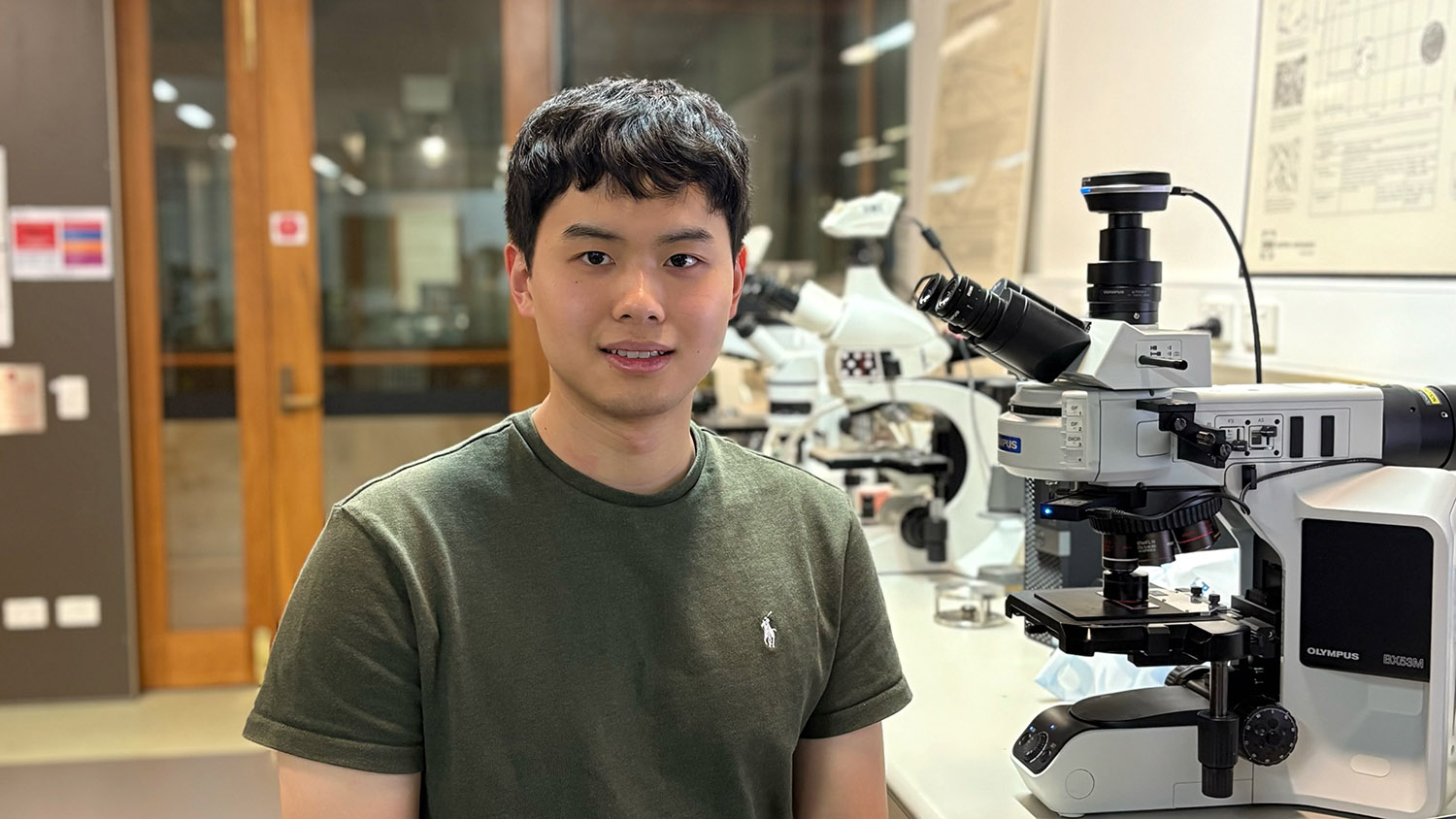 Progress and early findings
Progress and early findings
To date, Kaiming has completed quenching treatments on all specimens, measured cooling rates and hardness profiles, and captured a large set of microstructural images. One key insight has already emerged:Water quenching tends to cause cracking in high-chromium white cast irons. Out of three water-quenched samples, two developed surface cracks. Meanwhile, air-cooled samples performed unexpectedly well, showing no pearlite formation and maintaining hardness. These results suggest that air cooling could be a safer and sufficient option in some cases.
Supported by industry collaboration
For Kaiming, the collaboration with Molycop has been invaluable. Beyond providing samples and technical support, the project has given him access to expert mentorship, equipment and guidance.“Working with Molycop has shaped me into both a researcher and a professional engineer. Dr Pourasiabi has been instrumental in teaching me quenching techniques, equipment principles and even academic writing. His mentorship has been central to my growth.”
Dr Pourasiabi, who supervised Kaiming’s thesis project, adds:
“It has been rewarding to see Kaiming’s curiosity and persistence translate into strong research outcomes. His work on quenching treatments addresses an underexplored but highly relevant area for the grinding media manufacturing industry, and his findings provide practical insights that can benefit both academia and industry.”
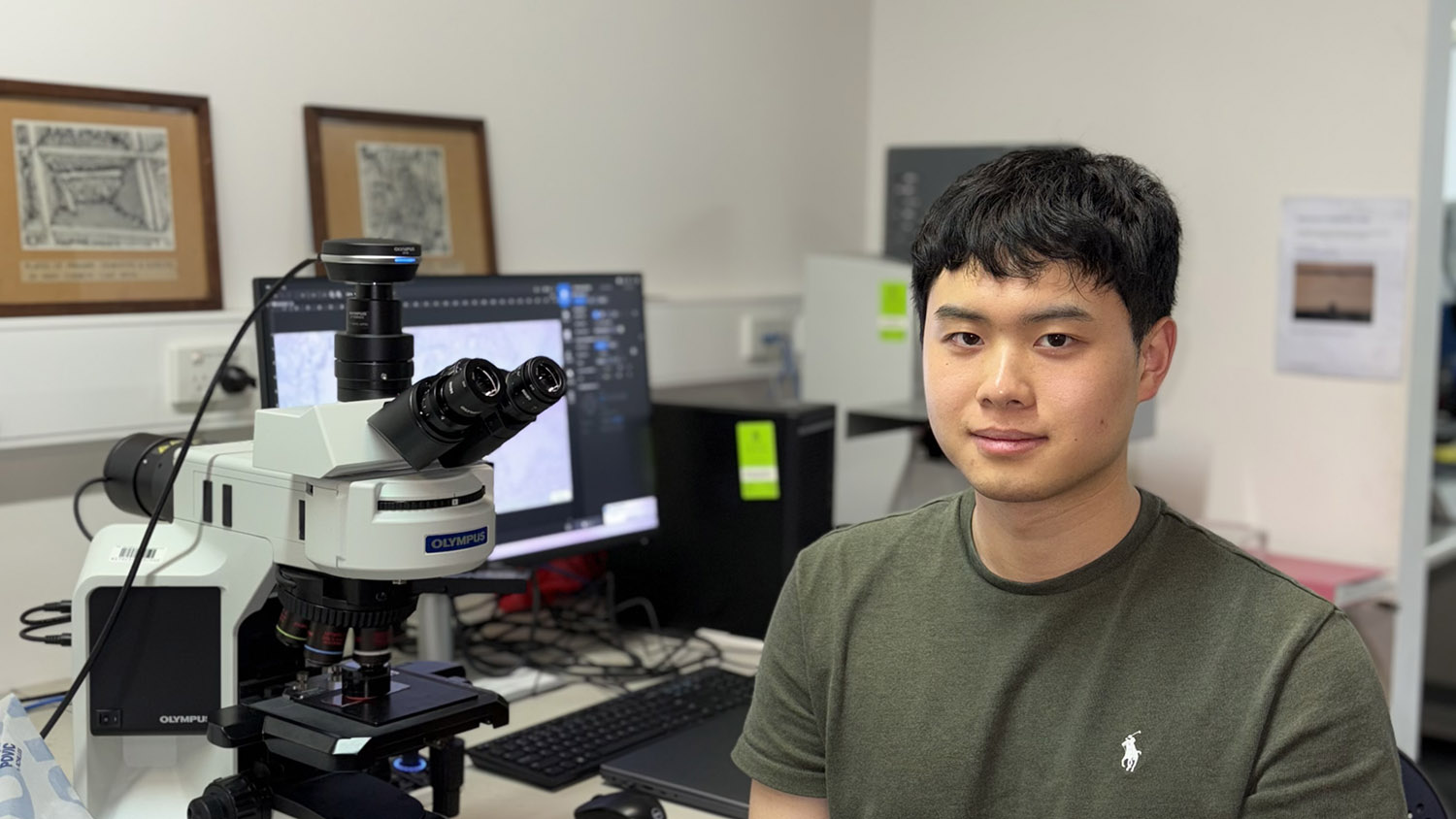 Looking ahead
Looking ahead
Kaiming’s immediate ambition is to pursue a Masters degree in Materials and Manufacturing Engineering at UQ, building on the strong foundation laid during this project. In the longer term, he aspires to a career in the mining and metallurgical sector, where he can apply his research expertise to drive innovation, enhance operational efficiency and deliver practical solutions to industry challenges.Reflecting on the journey so far, he adds:
“What I find most rewarding is the blend of academic, technical and personal growth. I’ve developed experimental skills such as metallography, heat treatment microscopy and hardness testing, collaborated with a world-leading company, and enhanced my communication abilities. It has been a challenging but rewarding adventure of constantly exploring new things and growing as a researcher.”
